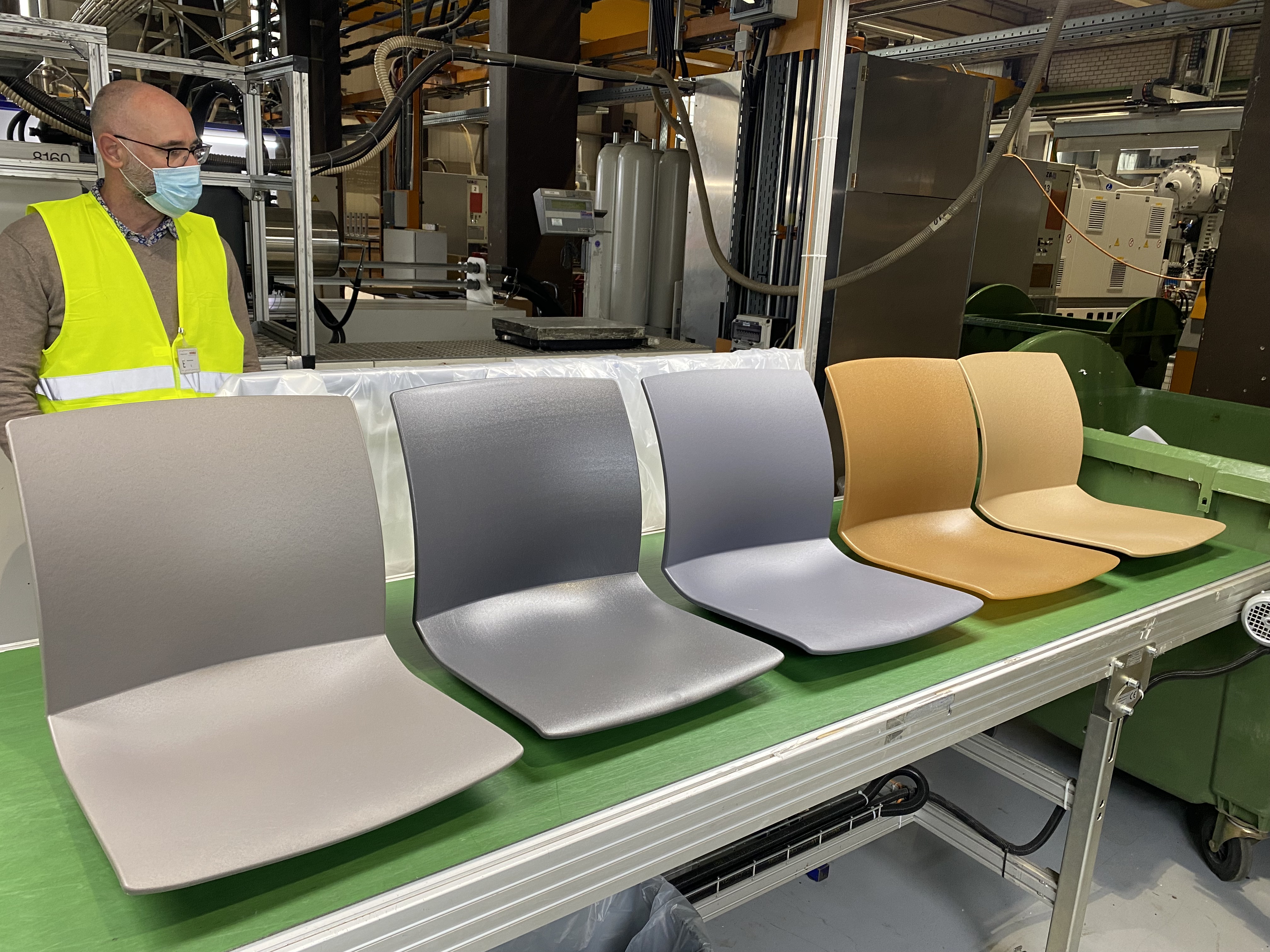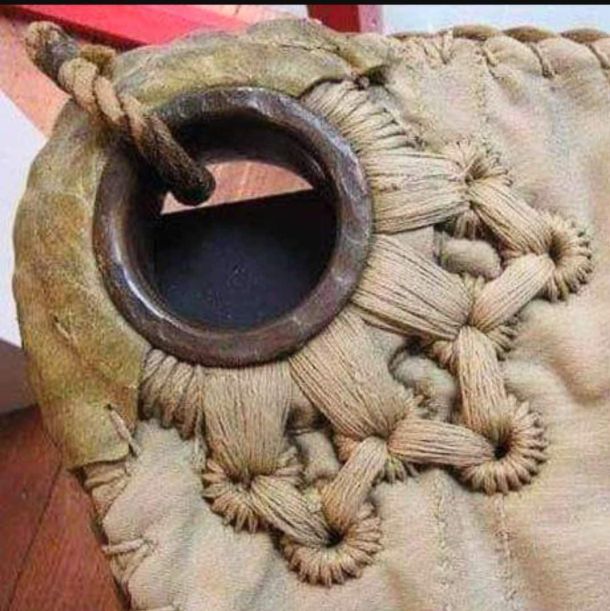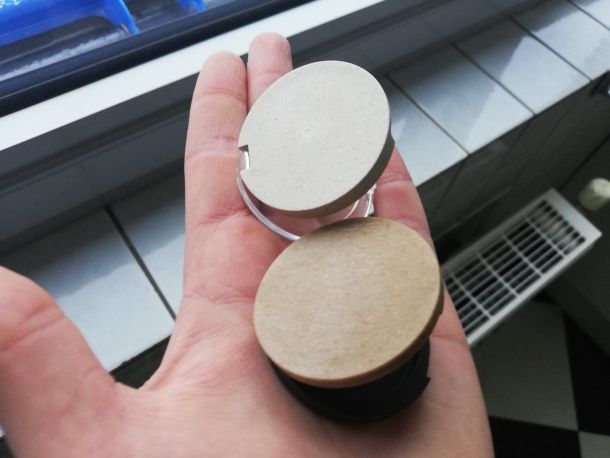
Rapid Prototyping to Increase Awareness of Local Sustainable Economies
Rapid prototyping is a process of quickly creating a physical model or prototype of a product or design using computer-aided design (CAD) software and 3D printing technology. Traditional rapid prototyping often uses fossil-based materials such as plastics derived from petroleum. However, with the increasing concern for sustainability and the environment, there has been a growing interest in using sustainable materials for rapid prototyping.
Sustainable materials are those that are produced using renewable resources and have a low environmental impact. Examples of sustainable materials that can be used for rapid prototyping include bioplastics made from plant-based sources such as corn starch or sugarcane, and natural fibers such as bamboo or hemp. These materials are biodegradable or compostable, reducing their impact on the environment when they are discarded.
Daily Inspiration
Using sustainable materials for rapid prototyping not only helps to reduce the environmental impact of the product development process, but it also allows for the creation of more sustainable end products. For example, if a sustainable material is used to create a prototype of a product, it can be easier to transition to using that material for the final product as well. This can help to reduce the product's overall environmental impact and improve its sustainability.

Furthermore, using sustainable materials in rapid prototyping can also provide other benefits such as improved aesthetics and functionality. Sustainable materials such as bioplastics can be made to have a variety of different properties, including durability, flexibility, and transparency. This can allow for the creation of prototypes with specific characteristics that may not be possible with traditional fossil-based materials.
Wrapping Up
In conclusion, using sustainable materials in rapid prototyping can provide a more environmentally friendly and sustainable approach to product development. It can also offer other benefits such as improved functionality and aesthetics, making it a worthwhile consideration for companies and designers who are committed to sustainable practices. So yes, it is possible to exchange fossil-based materials with sustainable materials in many applications. With advances in technology, there are now a wide variety of sustainable materials available that can replace traditional fossil-based materials. For example, instead of using plastic made from petroleum, bioplastics made from plant-based sources such as corn starch or sugarcane can be used. These bioplastics have similar properties to traditional plastics but are more environmentally friendly because they are made from renewable resources and can biodegrade or compost after use.
Similarly, natural fibers such as bamboo, hemp, and jute can be used as sustainable alternatives to materials like cotton or synthetic fibers in textiles and clothing. These materials are renewable and biodegradable, making them more sustainable than traditional options. In addition to being environmentally friendly, sustainable materials can also offer other benefits such as improved aesthetics, functionality, and durability. For example, some sustainable materials are stronger than traditional materials, making them more suitable for certain applications. However, it's worth noting that there may be challenges and trade-offs when switching to sustainable materials. For example, some sustainable materials may have a higher production cost or may require different processing techniques compared to traditional materials. Therefore, it's important to carefully consider the potential environmental, economic, and social impacts of using sustainable materials before making the switch.



